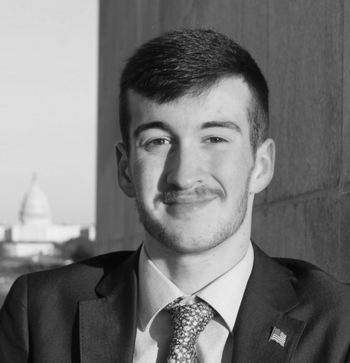Botanic gardens are not inclusive enough, university argues
The University of Washington recently announced its push to diversify the school’s Botanic Gardens.
Christina Owen, the garden’s director, said that '[t]here’s a history of colonialism in many botanic gardens.'
The University of Washington (UW) recently announced an effort to incorporate diversity, equity, and inclusion (DEI) into the school’s Botanic Gardens.
UW laid out its plan in a Sept. 15 news article, stating that “[b]otanical gardens historically are exclusive spaces, but the University of Washington is working to change that.”
UW Botanical Garden director Christina Owen told UW News that “[t]here’s a history of colonialism in many botanic gardens.”
[RELATED: REGES: Defy the nonsense of indigenous land acknowledgments]
“That is the bedrock on which we’re standing,” Owen continued. “Plants and collections that exist throughout the world were collected in ways that did not honor the people and did not honor the plants themselves. They’re driven by the colonial age. That’s a history that all gardens must grapple with.”
Owen proposed diversifying the Botanical Garden’s staff.
“One of my big long-term goals is to see an increase in the diversity of staff. I think that starts with us and making sure that our culture is supportive for candidates of color and for employees of color,” Owen said.
On top of diversifying staff members, Owen seeks to have the staff participate in more social and equity work.
“Part of what we’re looking at is…having the leadership team get more engaged in equity and social justice work and developing better onboarding,” Owen clarified.
Additionally, UW launched a “New Directions in Public Gardens” speaker series aimed at “mak[ing] sure our spaces and programs are welcoming and relevant to all.”
“We see the colonial history of plant collections and the implicit and explicit exclusion of [Black and Indigenous People of Color] communities from green spaces like public gardens as injustices that shape our past and present and must be countered as we move into the future,” the series description writes.
Campus Reform reached out to the University of Washington, and UW Botanic Gardens staff, and made the best effort to contact Owen for comment. This article will be updated accordingly.
Follow @thelogandubil on Twitter.

